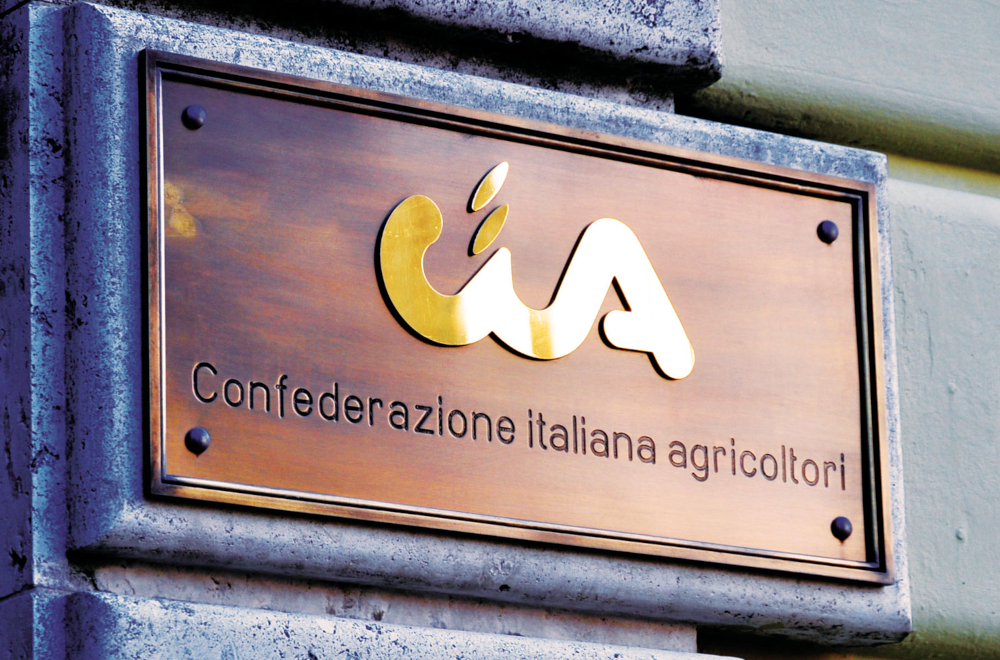Italy’s regional councilors for agricultural policies have taken a unified stand against the national government’s recent ban on industrial hemp flowers, calling the measure an “ideological” overreach that threatens an emerging sector and undermines regional autonomy in agricultural development.
The councilors, who oversee agriculture policy implementation in each of Italy’s regions, are aligned under the influential Italian Confederation of Agriculture (Cia), a key stakeholder in the country’s food and farming policies. Their coordinated response marks the most forceful political challenge yet to the ban introduced by Prime Minister Giorgia Meloni’s government as part of a sweeping “Security Decree” issued in April.
“With a regulation that can undoubtedly be defined as ideological, an entire supply chain in full development and an economic and employment-related sector are being erased,” said Massimo Pica, a spokesperson for Cia. He warned that the ban not only affects farmers, but also downstream industries such as construction, bioplastics, and textiles that depend on hemp as a raw material.
Ideological or precautionary?
The government decree – Article 18 of the broader Security Bill – classifies hemp flowers and cannabinoids such as CBD, CBG, and CBN as narcotics, regardless of their THC content. The move criminalizes the cultivation, sale, processing, and possession of hemp flower, in defiance of existing EU regulations that permit the free circulation of industrial hemp with THC levels below 0.3%.
Critics say the decree fails to distinguish industrial hemp from marijuana, conflating non-psychoactive crops with controlled substances and undermining a sector that has contributed to job creation and rural economic revitalization since hemp was re-legalized in 2016.
“The government’s action disregards scientific evidence and fails to recognize the proven safety and economic potential of industrial hemp,” Pica said.
Industry leaders warn that without legal differentiation between hemp and cannabis, Italy risks falling behind its European neighbors in developing bio-based materials, sustainable agriculture, and climate-friendly supply chains.
Legal setbacks for CBD
The backlash from Cia and regional officials follows a recent court decision further narrowing the space for Italy’s hemp economy. On April 21, the Lazio Regional Administrative Court (TAR) rejected an appeal challenging a ban on oral CBD products, thereby reinforcing the government’s classification of all cannabis-derived oral supplements, whether from flowers, stalks, or leaves, as pharmaceutical drugs.
Citing the “precautionary principle,” the court said the state was justified in restricting CBD to prescription-only use due to health concerns such as liver toxicity and psychiatric risks. The ruling overturned earlier suspensions of the ban, despite counter-evidence from La Sapienza University and the European Commission’s Cosing database, which classifies CBD as non-psychoactive and non-addictive.
The decision stunned legal experts and advocates, who had hoped the court would favor market openness and scientific transparency.
The Security Decree and CBD ban were both enacted without full parliamentary debate, prompting constitutional questions and concerns over abuse of executive power. Under Article 77 of Italy’s Constitution, the government can issue a decree law in cases of “urgency and necessity,” but it must be ratified by Parliament within 60 days.
Legal experts representing hemp trade association Federcanapa called the decree “constitutionally and legally doubtful,” arguing it violates both domestic law and European Union rules on free trade and agricultural policy.
Industry pushes back
Trade groups estimate the combined regulatory moves could jeopardize more than 3,000 businesses and 30,000 jobs in a sector valued at nearly €2 billion. In response, a coalition of advocacy groups—including Canapa Sativa Italia, Resilienza Italia Onlus, and Imprenditori Canapa Italia—has launched a legal and public campaign to challenge the bans at national and EU levels.
“The courageous hemp traders, who abide by the rules every day and ensure a transparent and safe market, should not fear the state but receive its support,” said Mattia Cusani of Canapa Sativa Italia during testimony before the European Parliament’s Petitions Committee in March.
So far, the European Commission has requested clarification from the Italian government, triggering a 90-day review period. Industry advocates hope the EU will ultimately intervene to prevent Italy from setting a precedent that could restrict legal hemp markets across the bloc.
Critics say the decree fails to distinguish industrial hemp from marijuana, conflating non-psychoactive crops with controlled substances. Read More


